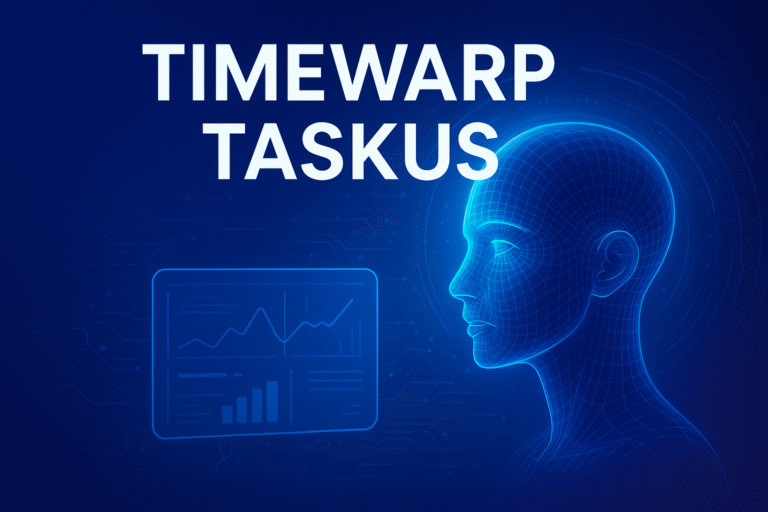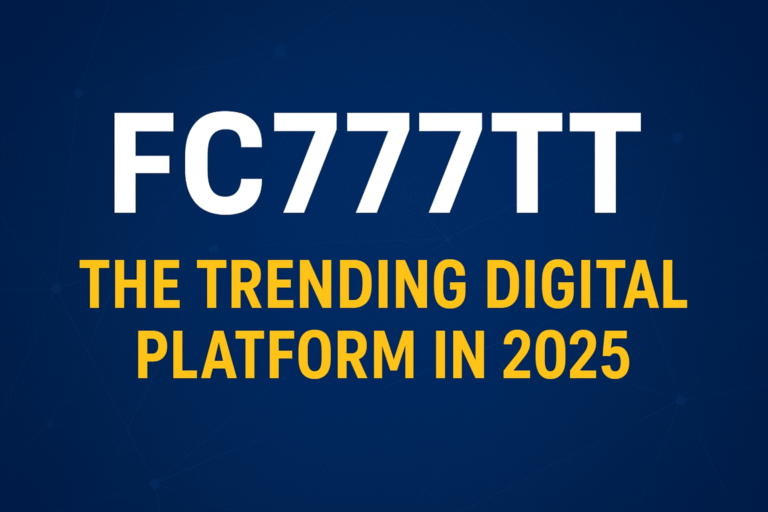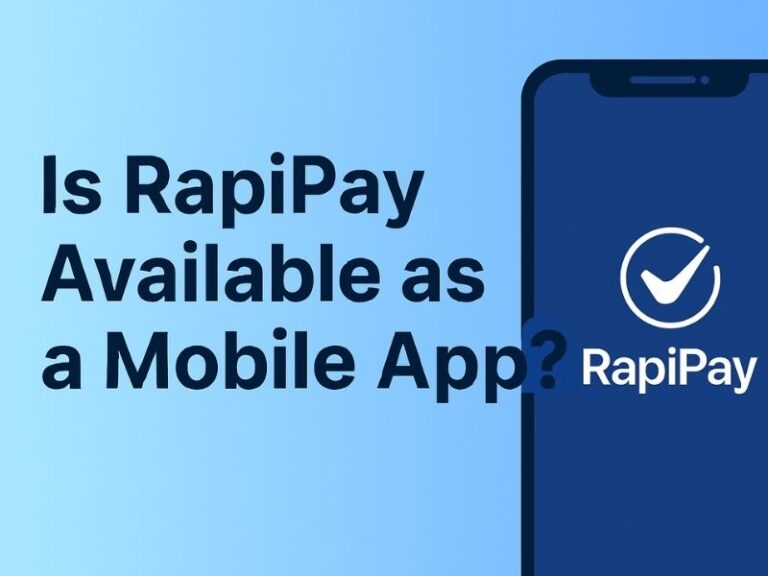Introduction
Twitter co-founder Jack Dorsey has made headlines once again—this time not for a tweet but for launching a prototype of a groundbreaking new messaging app named Bitchat. Built on the foundations of Bluetooth technology and inspired by the ideals of decentralization and privacy, Bitchat aims to revolutionize how we communicate offline and securely. In a digital world increasingly dominated by cloud-based messaging giants, Dorsey’s latest innovation brings the conversation closer—literally and figuratively.
This in-depth article explores everything about Twitter co-founder Jack Dorsey introduces early version of Bluetooth messaging app, Bitchat, and what it means for the future of communication.
The Vision Behind Bitchat
Jack Dorsey, known for co-founding Twitter and financial services company Block (formerly Square), has consistently pushed the envelope in decentralization and digital privacy. With Bitchat, Dorsey takes a bold step towards empowering users with direct, peer-to-peer communication without the need for centralized servers, internet access, or telecom infrastructure.
This Bluetooth-based messaging app isn’t just about chatting offline; it’s a philosophical and technological response to issues like surveillance, internet censorship, data monetization, and central authority over our conversations.
What is Bitchat?
Bitchat is a decentralized Bluetooth-based messaging app designed to let users chat securely without the need for internet access. Using proximity-based Bluetooth connectivity, Bitchat enables users to exchange messages directly with other nearby devices. Unlike WhatsApp or Telegram, which route messages through the cloud, Bitchat is completely peer-to-peer, and possibly open-source.
Key Features (Expected in Future Iterations):
-
Bluetooth-Only Communication
No internet? No problem. Users can send and receive messages via Bluetooth to others within range. -
End-to-End Encryption
Security is paramount. Dorsey’s app is expected to use advanced encryption protocols to keep messages private. -
No Central Servers
Messages are not stored or routed through any centralized server, reducing surveillance and data collection risks. -
Decentralized Identity
Early indications suggest Bitchat might support self-sovereign identity (SSI) where users control their credentials and data. -
Offline Chat Networks
Similar to how FireChat worked during protests in Hong Kong, Bitchat can facilitate communication in internet-blocked regions or disaster zones. -
Anonymous Messaging Options
Potential support for pseudonymous chat identities to further protect user identity.
Read Also:- Gaming Wireless Bluetooth Earbuds
Why Bluetooth Messaging?
Bluetooth messaging apps are not a new concept—apps like Bridgefy, FireChat, and Briar have experimented with this space. However, Jack Dorsey’s involvement with Bitchat lends credibility and potentially critical funding to this otherwise niche technology.
Benefits of Bluetooth Messaging:
-
Works without Wi-Fi or cellular network
-
Minimal power consumption
-
Highly suitable for short-range secure communication
-
Useful in protest zones, remote areas, or when the internet is shut down
Bitchat emerges at a time when global events—political unrest, rising surveillance, and internet shutdowns—demand resilient communication tools.
The Decentralized Philosophy of Jack Dorsey
Dorsey’s interest in decentralization isn’t new. He has long been a vocal advocate for decentralized social media and blockchain technologies. His funding of Bluesky, a decentralized social protocol, and the development of Web5 (a user-controlled decentralized web model) further reinforces his commitment to moving power from corporations to individuals.
With Bitchat, Dorsey applies the same principles of decentralization, self-sovereignty, and transparency to messaging. It aligns perfectly with his vision of a user-controlled digital future.
Comparing Bitchat with Other Messaging Platforms
| Feature | Bitchat | Signal | Telegram | Bridgefy | |
|---|---|---|---|---|---|
| Internet Required | No | Yes | Yes | Yes | No |
| Encryption | End-to-End (Planned) | End-to-End | End-to-End | Partially | Yes |
| Centralized Servers | No | Yes | Yes | Yes | No |
| Offline Capability | Yes | No | No | No | Yes |
| Developer | Jack Dorsey (Early Prototype) | Meta | Open Whisper Systems | Telegram FZ LLC | Bridgefy Inc. |
Use Cases for Bitchat
Bitchat isn’t just another quirky tech experiment. The real-world applications are profound:
-
Protests and Civil Movements
Governments across the world shut down internet access during protests. Bitchat could provide activists a reliable and secure way to communicate. -
Emergency and Disaster Zones
In areas where telecom infrastructure is destroyed—like during earthquakes or floods—Bluetooth messaging becomes a lifeline. -
Air Travel or Remote Work Sites
Workers in oil rigs, deep forests, or airplanes can stay connected locally without a mobile network. -
Educational Institutions
Campuses can use Bitchat for proximity-based messaging without relying on internet data. -
Privacy Enthusiasts and Journalists
Those needing absolute security can use Bitchat for local, encrypted messaging.
Challenges and Limitations
Despite its promise, Bitchat has some limitations:
-
Limited Range: Bluetooth communication typically works within 10–100 meters. It’s not ideal for long-distance communication.
-
Mesh Network Complexity: To increase range, Bitchat might need a mesh network where each phone becomes a node. Maintaining such a network across devices without battery drain or latency is a challenge.
-
App Adoption: Like all decentralized tools, user adoption is crucial. If not enough users install and run the app, its network will remain limited.
-
Security Vulnerabilities: Ensuring Bluetooth data is secure and not intercepted or spoofed requires robust cryptographic safeguards.
However, with Jack Dorsey’s backing and a potential developer community from the decentralized web ecosystem, these challenges may be addressed over time.
Potential Integration with Web5 and Blockchain?
While Bitchat is primarily a Bluetooth messaging app, there’s speculation that future versions could integrate aspects of Web5, Dorsey’s vision for a decentralized internet built on Bitcoin.
Features could include:
-
Decentralized identifiers (DIDs)
-
Verifiable credentials
-
Decentralized storage for message backups
-
User-controlled encryption keys
This convergence would make Bitchat not just an offline tool but a gateway to sovereign digital identity and communication.
Community Reaction
The tech community has shown excitement and cautious optimism. Forums like Hacker News and Reddit have already started speculating on the open-source viability of the project. Privacy advocates praise the concept, while skeptics await further development before calling it revolutionary.
Some early testers suggest Bitchat may follow an open development model, inviting contributors from the privacy-tech, cryptography, and mesh-networking communities.
What’s Next for Bitchat?
As of now, Jack Dorsey introduces the early version of Bitchat. The full roadmap is unclear, but here’s what might be coming:
-
Beta Access for developers and testers
-
iOS and Android versions
-
Open-source release on GitHub
-
Integration with decentralized protocols like AT Protocol or Web5
-
Community-driven feature enhancements
-
Privacy audits and bug bounties
Given Dorsey’s track record and ability to build communities (Twitter, Bluesky), the development path for Bitchat seems promising.
Conclusion
The introduction of Bitchat by Twitter co-founder Jack Dorsey marks a bold new chapter in the evolution of digital communication. By enabling decentralized, secure, and Bluetooth-based messaging, Bitchat challenges the norms of how we connect in a hyper-connected world.
It’s not just about sending texts offline—it’s about reclaiming digital autonomy. Whether you’re in a protest, at a concert, traveling abroad, or simply seeking privacy, Bitchat offers a glimpse into a future where messaging doesn’t need permission, a server, or a SIM card.
As Bitchat evolves, it may not replace WhatsApp or Signal overnight—but it will carve a meaningful space for offline, resilient, and people-powered communication.






